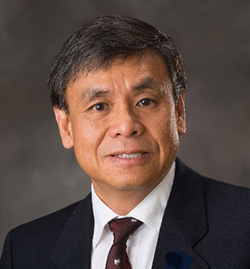CEZID/CBID Seminar Series 2024
Dr. Charles Wood
Friday, December 13th, 2024, 3:00 PM CST
Presents "Research, Training and Capacity building on HIV and Associated Diseases in Sub-Saharan Africa: Opportunities and Challenges"
Dr. Charles Wood’s research includes basic and clinical/translational research in immunology, and virology. A majority of his work has focused on infectious viral diseases. Specially onHIV/AIDS and its associated cancer, the Kaposi’s sarcoma (KS), and its etiologic agents the Kaposi’s sarcoma-associated herpesvirus (KSHV). More recently on cervical cancers and the human papilloma virus (HPV). The research topics are on how these viruses are transmitted, viral latency upon infection, the immune response, and how the infections can lead to cancers. The laboratory engages various approaches, from public health to cellular and molecular studies, immunological and genomics to understand how these viruses cause disease, so that strategies including vaccines can be developed to prevent infections and ultimately cancer development.
Dr. Michael Worobey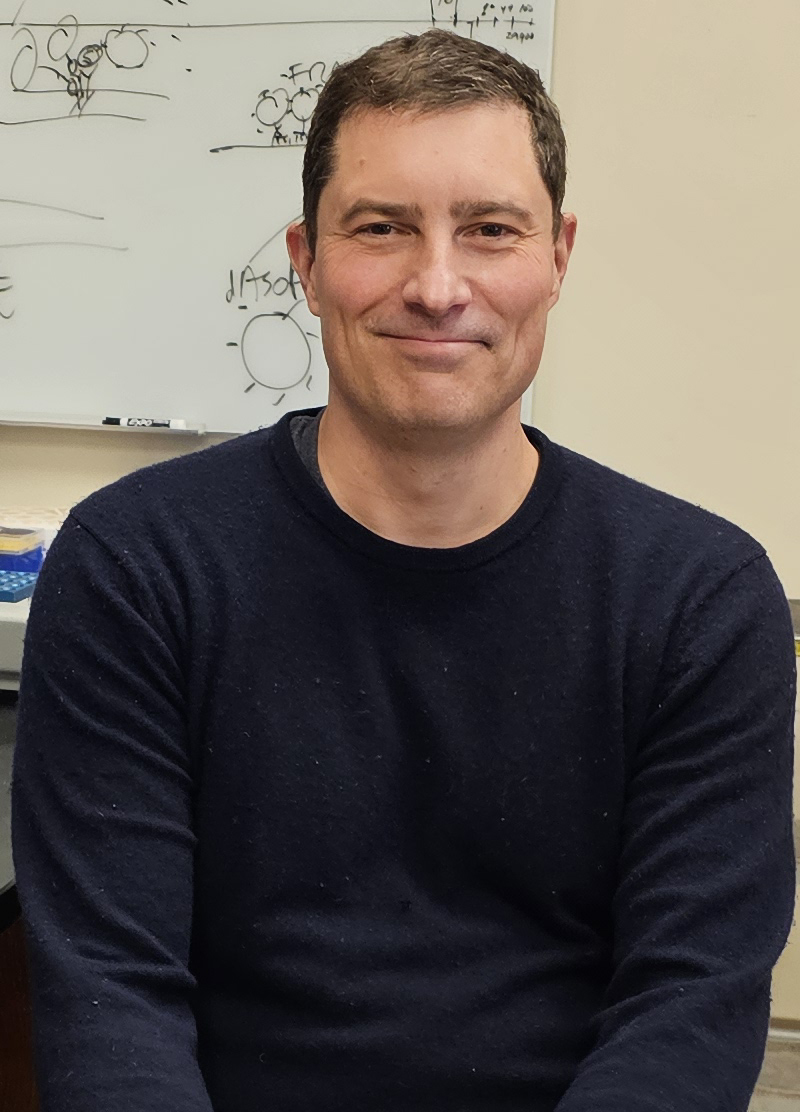
Friday, November 1st, 3:00 PM CST
Presents: “Genomic Epidemiology of Viruses”
Dr. Worobey taps into the genomes of viruses, using molecular and computational biology, to understand the origins, emergence and control of pandemics. He has made discoveries pinpointing, for example, where, when and how HIV originated and spread worldwide and how influenza pandemics, including the intense 1918 pandemic, emerge and kill large numbers of people. Recently, his interdisciplinary work on SARS-CoV-2 has shed light on how and when the virus originated and ignited the COVID-19 pandemic in China and how SARS-CoV-2 emerged and took hold in North America and Europe.
Current research includes (1) SARS-CoV-2 genomic epidemiology and evolution from local to global scales, (2) work at the intersection of viral evolution and immunology with both SARS-CoV-2 and influenza viruses, (3) influenza vaccines, and (4) pandemic preparedness and prevention
Dr. Elke Mühlberger, Sc.D.
Friday, October 11, 2024, 3:00 PM CST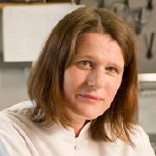
"Closely related, worlds apart: Assessing the pathogenic potential of Ebola’s newly discovered relatives"
Elke Mühlberger is a faculty member in the Department of Virology, Immunology, and Microbiology at Boston University. She is an expert in molecular biology of Marburg and Ebola viruses and other highly pathogenic viruses, with a focus on virus-host interaction.
Dr. Peter Daszak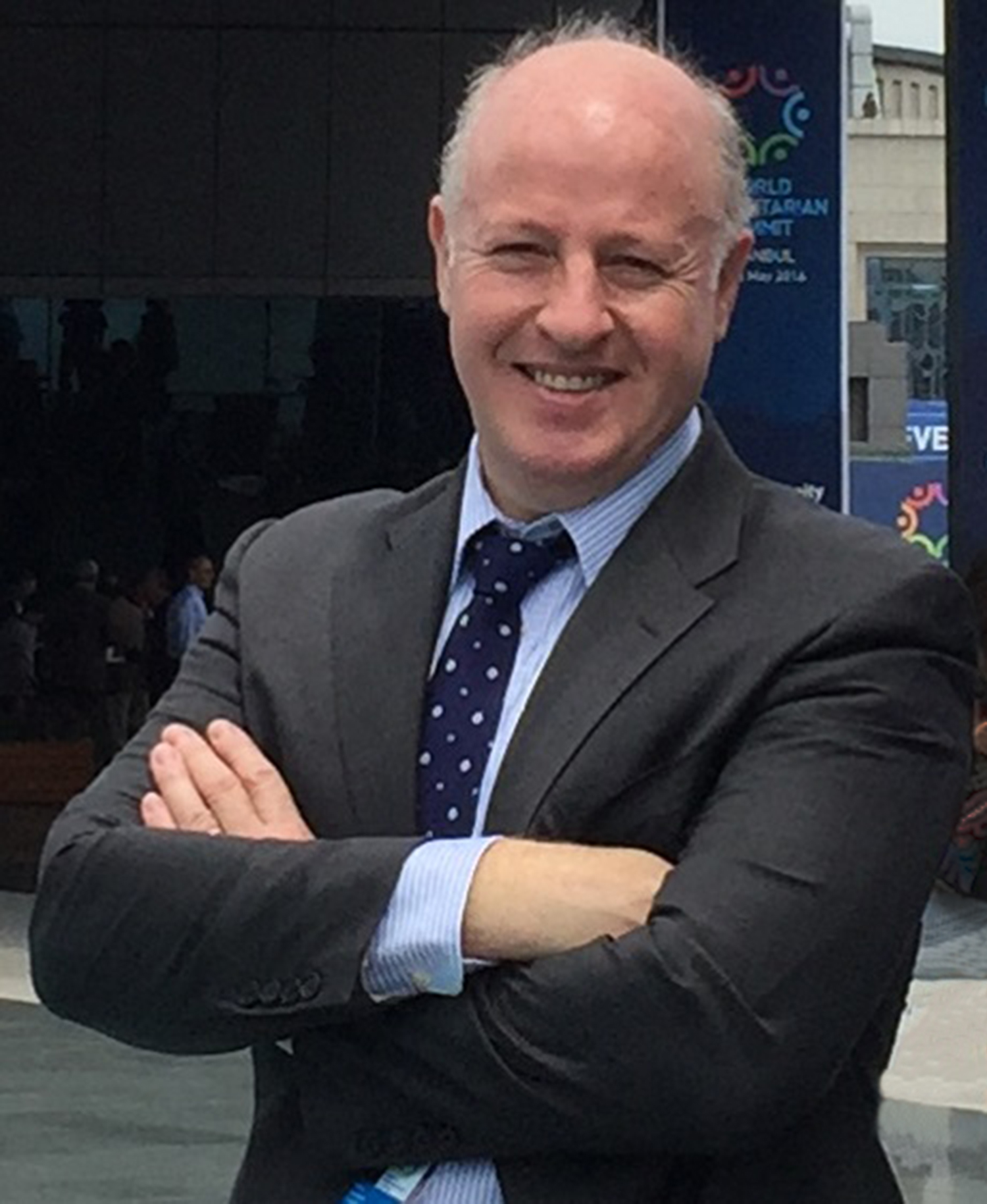
Friday, September 6th, 3:00 PM CST
Presents: “The science of how we can predict and prevent pandemics.”
Dr. Peter Daszak is President of EcoHealth Alliance, a US-based organization that conducts research and outreach on global health and conservation. Dr. Daszak’s research is focused on the origins and impact of emerging diseases, and includes identifying the bat origin of SARS-CoV, the drivers of Nipah virus emergence, publishing the first global emerging disease ‘hotspots’ map, discovering SADS coronavirus, launching the Global Virome Project, identifying the first case of a disease causing species extinction, and discovering chytridiomycosis as the cause global amphibian declines. Dr. Daszak is a member of the National Academy of Medicine, Chair of the NASEM’s Forum on Microbial Threats, a member of the NRC Advisory Committee to the US Global Change Research Program, and a member of the NASEM Standing Committee on Emerging Infectious Diseases and 21st Century Health Threats that advises HHS ASPR and the US White House COVID Taskforce. He serves on the Supervisory Board of the One Health Platform, The Lancet One Health Commission, the Future Earth One Health Global Research Network, the CEEZAD External Advisory Board, and was elected as a member of the Cosmos Club. He has served on the IOM Committee on global surveillance for emerging zoonoses, the NRC committee on the future of veterinary research, the International Standing Advisory Board of the Australian Biosecurity CRC; and has advised the Director for Medical Preparedness Policy in the White House National Security Staff, the WHO R&D Blueprint program for pathogen prioritization, and the WHO-China Joint Study on the Animal Origins of COVID-19. Dr. Daszak won the 2000 CSIRO medal for collaborative research on the discovery of amphibian chytridiomycosis, and is Editor-in-Chief of the journal Ecohealth. He has authored over 300 scientific papers, was ranked by the Web of Science as a Highly Cited Researcher for 2018, 2019, 2020, and 2021 (top 1% of scientists globally by citations), and his work has been the focus of extensive media coverage.
Dr. Benhur Lee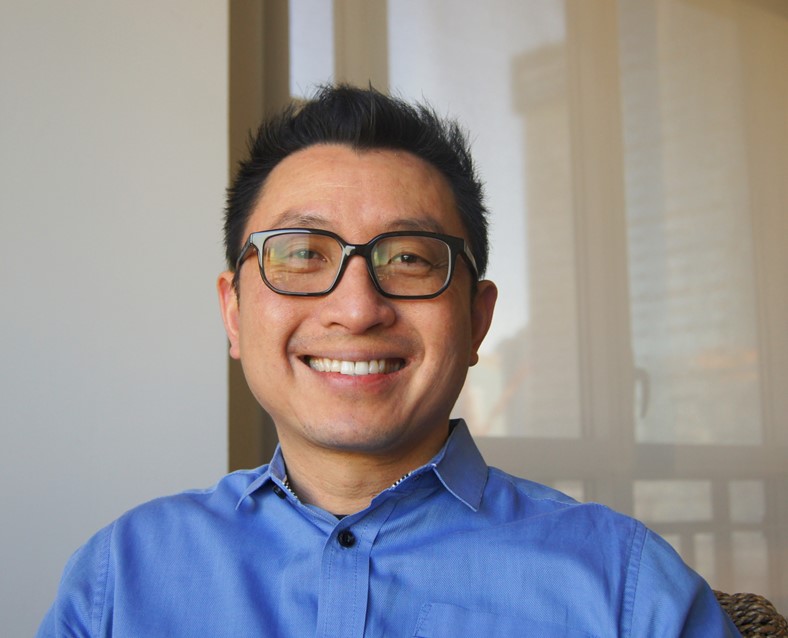
Friday, April 26, 2024, 3:00 PM CST
Presents: “Emerging Paramyxoviruses: Targeting the Knowns and Unknowns."
Dr. Benhur Lee is a Professor of Microbiology at the Icahn School of Medicine at Mount Sinai (ISMMS). Prof. Lee also holds the WardColeman Chair in Microbiology. He obtained his M.D. from Yale University School of Medicine (1995) and completed his clinical as well as postdoctoral training at the University of Pennsylvania (19952001). Dr. Lee is boardcertified in Clinical Pathology. Prior to 2014, he was a Professor in the Dept of Microbiology, Immunology & Molecular Genetics, and the Dept of Pathology & Laboratory Medicine at the David Geffen School of Medicine at UCLA (20012013).
Dr. Lee is a scientific advisor to the Standards Working Group (SWG) of the California Institute of Regenerative Medicine (CIRM, 2014present), and was an appointed member of the NIH Director’s Recombinant DNA Advisory Committee (RAC), more recently reconstituted as the Novel and Exceptional Technology and Research Advisory Committee (NExTRAC) (20162022). He is an elected fellow of the American Academy of Microbiology and Councilor for Medical Virology (American Society for Virology).
Dr. Lee has a special interest in emerging viruses, with a focus on molecular viralhost interactions. His guiding principle is to translate insights gained from basic studies on hostpathogen interactions into antiviral therapeutics. Dr. Lee has published over 200 peerreviewed articles and reviews, and serves on multiple editorial boards. He has trained more than a dozen postdoctoral fellows, 18 graduate students, and has served on more than 60 PhD dissertation committees between UCLA and Mount Sinai.
Dr. Stanley Perlman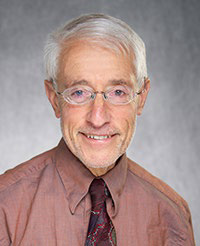
Friday, March 22, 2024, 3:00 PM CST
Presents: "Long Term consequences of SARS-CoV-2 infection in patients and mice"
Stanley Perlman, is a Professor of Microbiology and Immunology at the University of Iowa. Dr. Perlman is one of the world’s foremost experts in coronavirus (CoV) biology. His laboratory has been interested in the pathogenesis of murine coronavirus infections for many decades. They also extensively study both the biology of and the immune response to highly pathogenic human CoV infections including: Severe Acute Respiratory Syndrome (SARS)-CoV, Middle East Respiratory syndrome (MERS)-CoV, and SARS-CoV-2 (COVID-19), and are involved in developing novel antivirals and vaccines targeting these viruses.
Dr. Mehul Suthar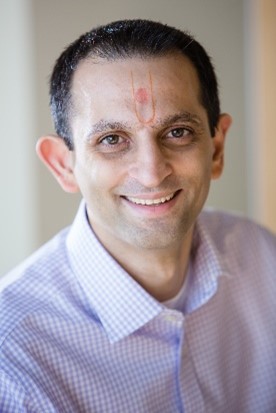
Friday, March 1, 2024, 3:00 PM CST
Presents: "Immune control of SARS-COV-2 infection"
Mehul S. Suthar is an Associate Professor in the Department of Pediatrics-Infectious Disease at the Emory University School of Medicine. He is also a member of the Emory Vaccine Center and the Emory National Primate Research Center. Dr. Suthar received a B.S. in Biochemistry and Molecular Biology from Pennsylvania State University and a Ph.D. in Microbiology and Immunology at the University of North Carolina Carolina-Chapel Hill in 2007. He continued on to a postdoctoral fellowship at the Univeristy of Washington where he combined his passion for emerging viral infections with innate immunity. He was among the first to describe a critical role for the RIG RIG-I like receptors in mediating innate immune signaling, viral pathogenesi s, adaptive immunity and infection outcome.
In 2012, Dr. Suthar started his own lab at Emory University which is focused on understanding the molecular and immunological mechanisms by which emerging viral infections are controlled by the host. His lab uses a multidisciplinary approach spanning fie lds of virology, immunology, molecular biology, biochemistry, genetics and systems biology to study immunity to emerging viral infec tio ns. His group has three major areas of interest: 1) define virus virus-host interactions that regulate innate immune signaling and viral contr ol; 2) understand how CD8+ T cells mediate viral control and clearance; and 3) understand the antibody response to virus infecton. Dr. Suthar's research program has spanned across several RNA viral infection models, including Flaviviruses, Alphaviruses, and Coronavirus es. More recently, Dr. Suthar has been involved in a large effort to study the antibody response to SARS SARS-CoVCoV-2 infection and vaccination. His group is co co-leading the NIH NIH-led SAVE program which is focused on identifying, characterizing, and assessing the risk of SARS SARS-CoVCoV-2 var iants on vaccines currently in use.
Dr. Adam Duerfeldt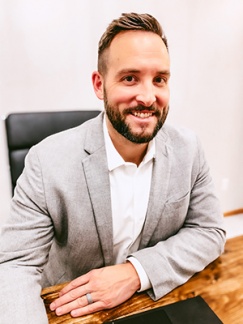
Friday, January 26, 2024, 3:00 PM CST
Presents "The Next Frontier in Medicinal Chemistry: Guiding Principles for Small Molecule Penetration and Accumulation In Gram-Negative Bacteria"
Adam Duerfeldt is a faculty member in the Department of Medicinal Chemistry at the University of Minnesota. His focus is on 1) developing chemical tools that can be utilized to enhance our understanding of disease pathology and 2) developing new therapeutic leads that exploit novel targets for the treatment of bacterial infections and retinal diseases.
